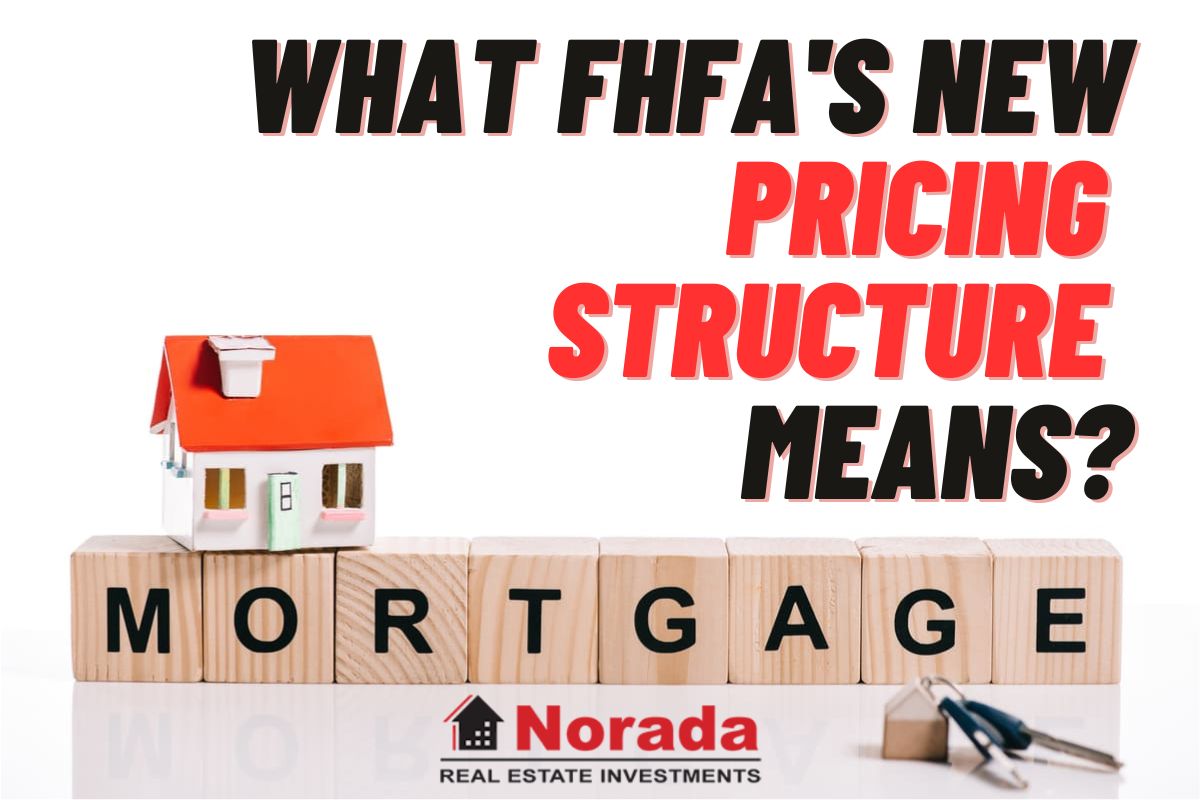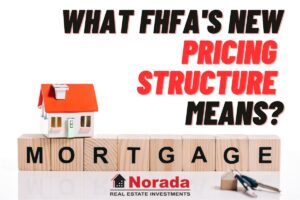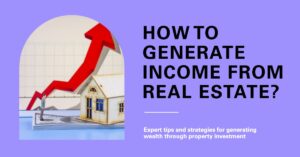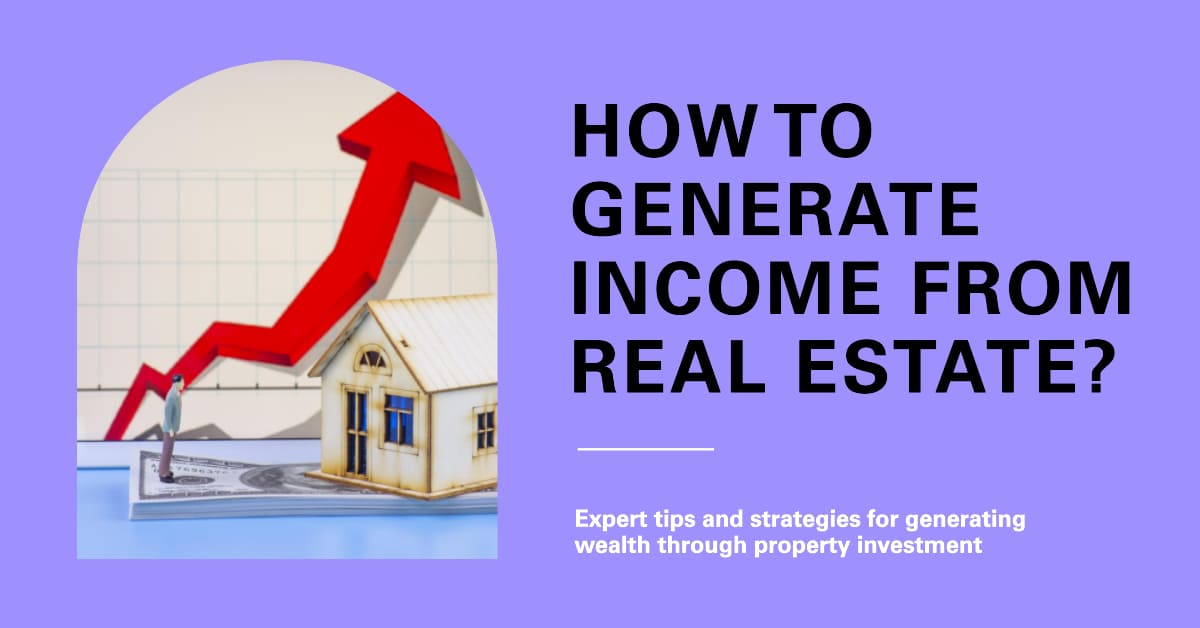
The Federal Housing Finance Agency (FHFA) recently announced changes to the loan-level price adjustments (LLPAs) for borrowers with conventional mortgages backed by Fannie Mae or Freddie Mac. The changes, which are set to take effect on May 1, 2023, will impact the pricing structure of mortgages for borrowers.
New Mortgage Pricing Structure
The FHFA's new pricing structure will vary based on credit scores and down payments made by borrowers. Borrowers with higher credit scores and lower down payments are likely to see a reduction in fees, while those with lower credit scores and higher down payments will see an increase in fees. For instance, a borrower with a 700 credit score and a 20% down payment will now pay a fee of 1.375% compared to the previous 1.25% upfront.
Who Benefits and Who Pays More?
Borrowers with a credit score of 780 or higher who put down 3% will pay a fee equal to 0.125% of their loan amount, as opposed to the previous 0.75% of the loan amount. This could translate into significant savings for borrowers. However, the National Association of Realtors has pushed back against these changes, citing affordability concerns for borrowers and compliance issues for lenders.
Another fee change is expected to take effect on August 1, following pushback from the mortgage industry. This change would add an upfront fee for borrowers with a debt-to-income ratio (DTI) above 40%. While some industry leaders have urged the FHFA to reconsider the rule, the FHFA has yet to make any announcements about delaying this particular rule.
What New Rules Mean for People with Higher Credit Scores
While the new pricing structure may have unintended consequences for homebuyers with higher credit scores, it is still better than having a lower score. The new rules could lead to higher closing costs for buyers with higher credit scores, but they will still get a better deal than those with lower scores. It's important to note that these changes will not apply to FHA, VA, or USDA loans, and homebuyers should continue to pay their bills on time and avoid purposely lowering their credit scores.
Potential Risks for Borrowers with Lower Credit Scores
While the new pricing structure may benefit borrowers with higher credit scores, those with lower scores could be at risk of paying higher fees, making it harder for them to qualify for a loan or to afford a home. As a result, industry leaders have expressed concerns about affordability for these borrowers. Furthermore, some experts have pointed out that the new pricing structure could exacerbate existing inequalities in the housing market, particularly for marginalized communities who already face barriers to homeownership.
Lender Compliance Concerns
Lenders face compliance concerns as they try to adapt to the new pricing structure. Many lenders have already invested heavily in their systems to comply with the previous pricing structure, and the new changes could require additional investments in technology and personnel. The National Association of Realtors has urged the FHFA to delay the implementation of the new pricing structure until January 2024 to give lenders more time to adapt.
The new pricing structure will also impact borrowers who are looking to refinance their existing mortgages. Borrowers who have built up equity in their homes may be able to benefit from lower interest rates, but they may also have to pay higher fees if they have lower credit scores. The changes could make it more difficult for these borrowers to refinance their mortgages and access the savings that come with lower interest rates.
FHFA's Response to New Mortgage-Fee Rule
The Federal Housing Finance Agency (FHFA) recently updated the pricing framework for Fannie Mae and Freddie Mac (the Enterprises). This change has attracted a lot of attention and unfortunately, much of what has been reported is based on a fundamental misunderstanding about the fees charged by the Enterprises and the reasons behind their update.
FHFA's Objectives and Actions
The FHFA is primarily a safety and soundness regulator, and the Enterprises were chartered by Congress to provide liquidity, stability, and affordability by facilitating responsible access to mortgage credit through their activities in the secondary market. To achieve this mission, the Enterprises charge fees to compensate them for guaranteeing borrowers' mortgage payments. A portion of these fees are “upfront” fees that are based on the risk characteristics of the borrowers and the loans they are obtaining.
It had been many years since a comprehensive review of the Enterprises' pricing framework was conducted. FHFA launched such a review in 2021, with the objectives to maintain support for purchase borrowers limited by income or wealth, ensure a level playing field for large and small lenders, foster capital accumulation at the Enterprises, and achieve commercially viable returns on capital over time.
FHFA took several steps over the past 18 months to achieve these objectives. First, targeted fee increases were announced for second home loans, high-balance loans, and later, cash-out refinances. Next, upfront fees were eliminated for certain groups core to the Enterprises' mission, such as first-time homebuyers with lower incomes who nonetheless have the financial capacity and creditworthiness to sustain a mortgage. Finally, in January, the upfront fees for most purchase and rate-term refinance loans were recalibrated. These actions work collectively to create a more resilient housing finance system.
Addressing Misconceptions
The final step, in particular, seems to have attracted a series of recent misconceptions despite being announced over three months ago. Director Thompson addresses these misconceptions directly:
Higher-credit-score borrowers are not being charged more so lower-credit-score borrowers can pay less. The updated fees, as was true of the prior fees, generally increase as credit scores decrease for any given level of down payment.
The new framework does not incentivize a borrower to make a lower down payment to benefit from lower fees. Borrowers making a down payment smaller than 20 percent of the home's value typically pay mortgage insurance premiums, so these must be added to the fees charged by the Enterprises when considering a borrower's total costs.
The targeted eliminations of upfront fees for borrowers with lower incomes – not lower credit scores – primarily are supported by the higher fees on products such as second homes and cash-out refinances.
The changes to the pricing framework were not designed to stimulate mortgage demand.
Why This Matters
Since entering conservatorship in 2008, the Enterprises have remained undercapitalized and maintain a taxpayer backstop should they confront significant losses. This change will better protect taxpayers in the long term and put the Enterprises on more durable footing, which will allow them to support affordable, sustainable mortgage credit across the economic cycle to the benefit of all Americans.
The updated pricing framework will further the safety and soundness of the Enterprises, which will help them better achieve their mission. They will provide reliable liquidity to the market while also providing more targeted support for creditworthy borrowers limited by income or wealth. And they will do so with a pricing framework that is more accurately aligned to the expected financial performance and risks of the loans they back.
Summary
The updates made to the pricing framework of Fannie Mae and Freddie Mac are designed to bolster safety and soundness, better protect taxpayers, and support affordable, sustainable mortgage credit across the economic cycle. These changes were made after a comprehensive review of the Enterprises' pricing framework to ensure a level playing field for large and small lenders, foster capital accumulation at the Enterprises, and achieve commercially viable returns on capital over time.
Contrary to recent misconceptions, the updated fees do not unfairly charge higher-credit-score borrowers more to benefit lower-credit-score borrowers, nor do they provide incentives for borrowers to make lower down payments. The targeted eliminations of upfront fees for certain groups, such as first-time homebuyers with lower incomes, are primarily supported by higher fees on other products.
The updated pricing framework will help the Enterprises better achieve their mission of providing liquidity, stability, and affordability in the mortgage market, while also promoting safety and soundness and protecting taxpayers.
References:
- https://www.businessinsider.com/personal-finance/biden-fhfa-new-mortgage-fee-structure-2023-4?IR=T
- https://www.fhfa.gov/Media/PublicAffairs/Pages/Statement-from-FHFA-Director-Sandra-Thompson-on-Mortgage-Pricing.aspx









